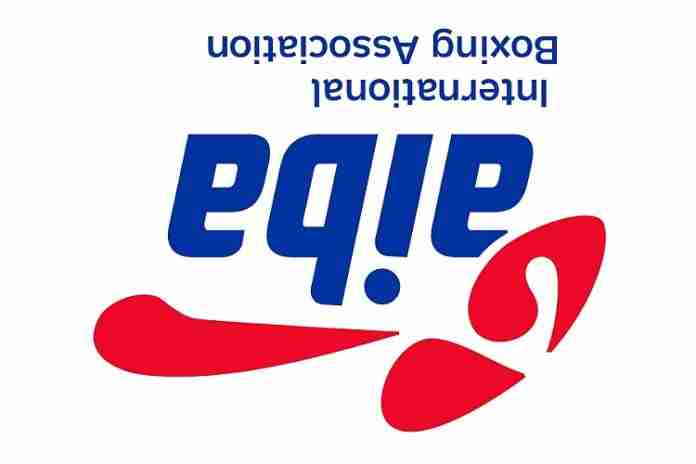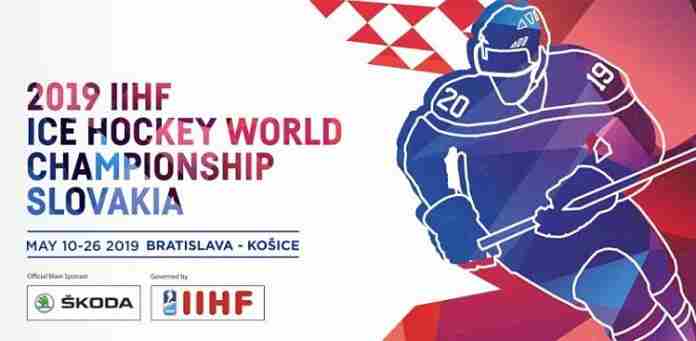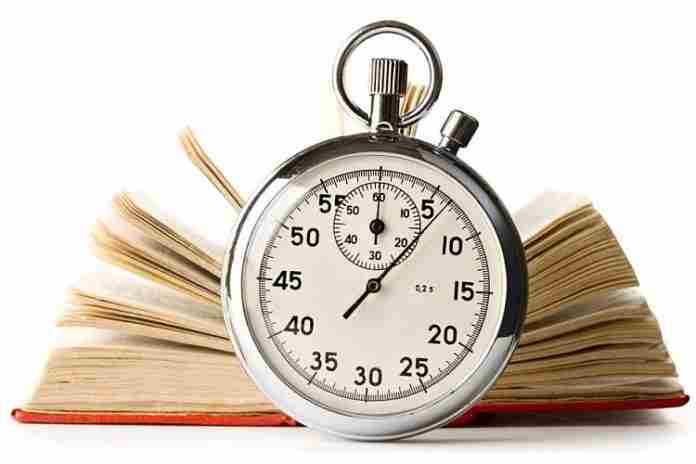 On Wednesday, the International Olympic Committee’s Executive Board recommended the suspension the International Boxing Association (“AIBA”) from its role as the governing body of Olympic boxing, and to run the 2020 Olympic boxing tournament itself.
On Wednesday, the International Olympic Committee’s Executive Board recommended the suspension the International Boxing Association (“AIBA”) from its role as the governing body of Olympic boxing, and to run the 2020 Olympic boxing tournament itself.
This highly unusual and possibly unprecedented action was the culmination of an 18-month build-up of concerns by the IOC. And the reasons for the action were disclosed in detail in a 30-page report made public.
Even with its ponderous tone, the document is a fascinating look at what the IOC sees as the bad behavior which cost the AIBA its position. And there was quite a lot to take in. The report highlighted four main factors:
● “Continuous disregard of basic governance standards, in breach of the Olympic Charter and the IOC Code of Ethics”
The report showcased how seemingly unrelated tools have hurt AIBA … and could be used against other federations. The Association of Summer Olympic International Federations (ASOIF) Governance Task Force report which measures how well the IFs implement good governance practices does not show the actual scores for each federation yet, but the IOC knows what they are, and stated that AIBA’s 2017 scoring “showed very serious shortcomings.”
Some of the issues were resolved in 2018, but the report cited multiple instances of unacceptable procedures. Last September, AIBA suspended then-Vice President Franco Falcinelli (ITA) for a breach of ethics, but still allowed him to stand for re-election during the suspension. Multiple conflict-of-interest situations persist within the AIBA rules, including a President’s appointment of one of the federation’s chief creditors to the Executive Committee.
After two Swiss banks closed AIBA’s accounts and the federation was unable to find a Swiss bank to open an account for it, it chose a Serbian bank formed in mid-2018 as a spin-off of a Russian bank, VTB. The report noted:
“The seller, VTB Bank, appears to be subject to US sanctions. Another bank of Mr Andrey Shlyakhovoy, the Agrosoyuz Bank, also appears to have been added to the US specially designated national list and subjected to sanctions two weeks after API Bank was sold. The Agrosoyuz Bank is accused of facilitating “significant transactions on behalf of the person who was on the sanctions list for activities related to weapons of mass destruction in connection with North Korea.
“Neither the API Bank nor its owner, Mr Andrey Shlyakhovoy, are under sanction; however, their links with US sanctioned entities and persons expose AIBA as well as the IOC and the Olympic Movement stakeholders to a serious reputational risk, potentially even legal risks.”
The impact of being monitored by the U.S. Treasury’s Office of Foreign Asserts Control (OFAC) was clearly demonstrated in the report and concerned the Inquiry Commission considerably. This makes sense since one of its members, Richard Carrion (PUR) is the Executive Chair of Banco Popular, and well familiar with the impact of U.S. Treasury regulations and U.S. Justice Department inquiries.
The committee also had a lot of problems with the 28 March 2019 offer by the secretary-general of the Russian Boxing Federation, Umar Kremlev, to – apparently – personally pay off AIBA’s long-term debt of about $16 million, especially since it was not at all clear that he had such funds available. “[T]he IOC Inquiry Committee questions the seriousness of the due diligence carried out by AIBA before the announcement to the media. Background checks on the origin of funds from external parties is part of basic standards of good governance expected to be implemented by Olympic IFs.”
And there was the election of Gafur Rakhimov (UZB) as AIBA’s President in February 2018. He is alleged to be involved in criminal activities by the U.S. Treasury and U.S. Justice Department. The IOC takes these listings seriously:
“According to US law, US persons are prohibited from dealing with sanctioned persons or entities, directly or indirectly, controlled by sanctioned persons. As a consequence, this designation may have an impact on the relationship between AIBA and the US boxing entities, or more generally US companies or companies with significant presence in the US, as well as US sponsors of AIBA.
“This prohibition also concerns IOC members from the US or IOC’s US sponsors and commercial partners, since the IOC provides funding to the Olympic Movement stakeholders.
“In addition to US persons, given broad enforcement of US sanctions laws by US authorities, even non-US persons chose, more and more often, out of precaution, to decide not to deal with US-sanctioned persons or entities. This includes many US and non-US banks, including the bank of the IOC, which refuses to make any payments to AIBA at the moment.”
In short, AIBA’s own actions have made it radioactive as far as the IOC is concerned.
● “Insufficient safeguards to ensure sustainable and fair management of refereeing and judging”
AIBA is infamous for horrific gaffes in refereeing and judging and the report runs through the issues raised at the 2008-2012-2016 Olympic Games and even a problem in the assignment of referees and judges at the Youth Olympic Games in Buenos Aires in 2018.
Conclusion: “the IOC Inquiry Committee notes that AIBA has experienced consistent allegations related to refereeing and judging processes and decisions, which have caused long standing and ongoing concern for athletes. These allegations show that AIBA was unable to establish an effective firewall between the professional judges and referees on one hand and the AIBA political leadership and management on the other hand; thereby represented a significant risk for the IOC and the Olympic Movement.”
● “Incapacity to renew the AIBA management team, in particular regarding the influence over the refereeing and judging”
In 2017, the IOC asked AIBA to change its leadership tean in view of the many challenges at the federation. Instead, former Executive Director Ho Kim (KOR) – dismissed in 2015 – was still receiving consulting payments in 2018. His replacement, Karim Bouzidi (FRA), was responsible for the disastrous 2016 Olympic boxing tournament, in which all 36 judges were removed from active service in October 2016. He was removed in 2017, but continued to attend AIBA events, with access to top officials, in 2018. Three more officials, including current Interim President Mohamed Moustahsane (MAR), who were deeply involved in the refereeing and judging in Rio, are still members of the AIBA Executive Committee or involved with refereeing administration.
Conclusion: “[T]he IOC Inquiry Committee notices the incapacity of AIBA to effectively renew its leadership.”
● “Over-indebtedness and impossibility to confirm going concern”
AIBA is, today, about CHF 17 million in debt (the Swiss Franc and U.S. Dollar are about equal in value at present). That amount could rise to CHF 29 million by mid-2021.
This crushing debt, and AIBA’s agreements to essentially turn over its operations to one of the creditors, troubled the Inquiry Committee greatly. It noted that any payments by the IOC to AIBA “will first have to be used to cover the existing debts. Thus, AIBA will not be able to use the money from sport for its original purpose, which is the development of sport and the support of the athletes” and “the IOC ultimately risks funding a financially unviable organisation that will remain at risk of failing.”
All of this contributed to the recommendation that AIBA’s suspension be continued until it can fix these issues, and in the meantime, the IOC should organize the 2020 Olympic boxing tournament.
AIBA’s suspension by the IOC is not final, and most be confirmed by the entire IOC at its general meeting (called a “Session”) in late June in Lausanne (SUI). But there seems little doubt that the action will be confirmed and AIBA will find itself in the cold through the 2020 Games.
It has a difficult road ahead of it. Even if it was able to wean itself off of its many bad practices (and people), how it will reorganize its finances is hard to fathom. As it is no longer the owner of the qualifying process for Olympic boxing, its World Championships – its primary qualifying competitions – may be essentially worthless.
It might be possible for one of the professional boxing organizations – the World Boxing Council, World Boxing Association or International Boxing Federation – to take over AIBA and make an agreement for future management satisfactory to the IOC. But pro boxing is hardly a bastion of credibility, honesty and reliability itself. And why would any of these groups wants to settle AIBA’s debts for an uncertain Olympic future?
From the IOC’s standpoint, the Inquiry Committee’s report demonstrates that under current chief Thomas Bach, the organization has no qualms about disciplining its “partners” in sport production. It has, in recent years, hammered the wrestling, weightlifting and biathlon federations into compliance with what it sees as proper governance and integrity.
Everyone has now been warned: if you want the IOC’s money, you have to play by its rules, including anti-doping, good governance and well-run competitions. Or else. Who will be next?
Rich Perelman
Editor


























